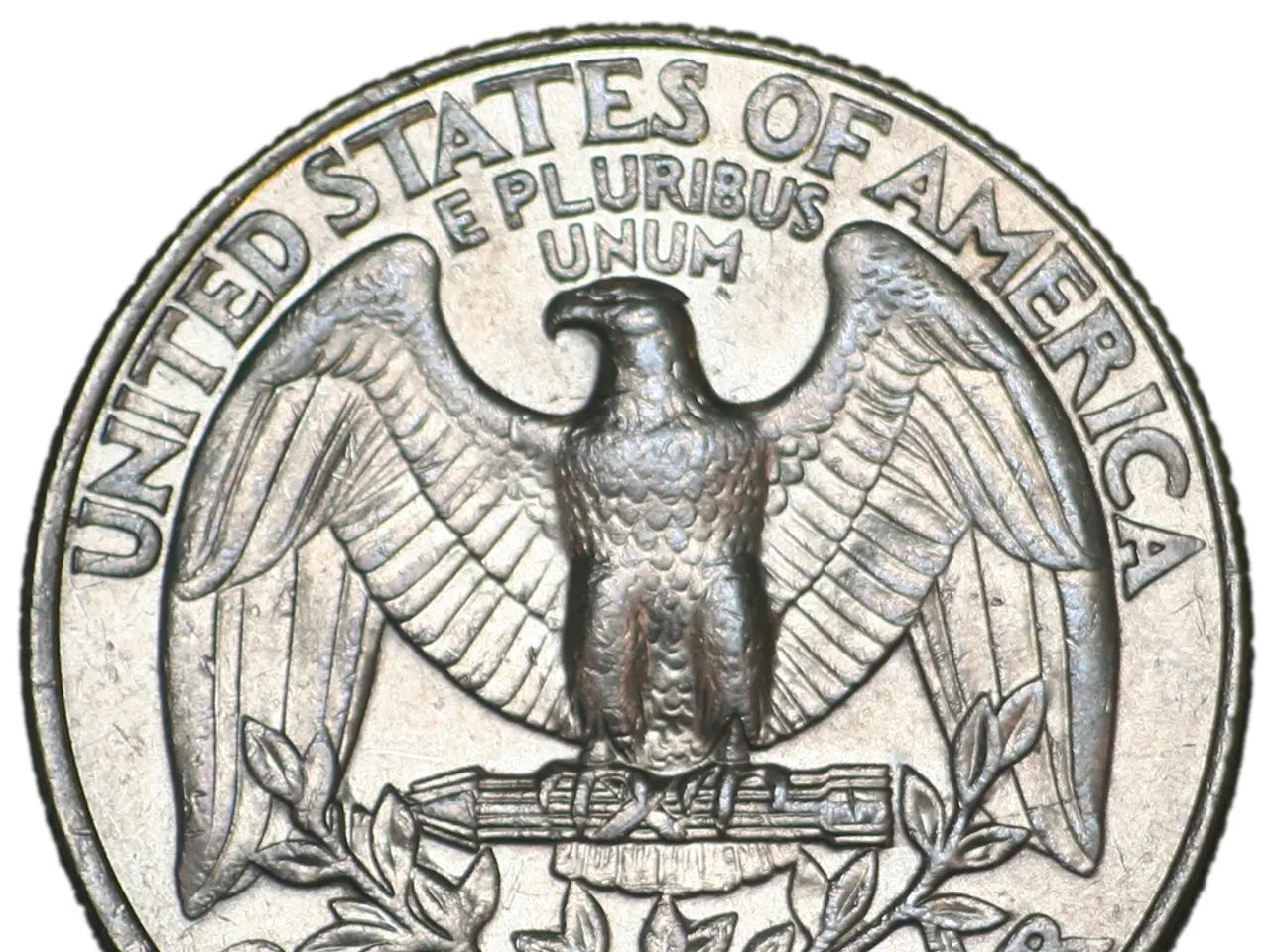Congo deploys blockchain system for authenticating academic credentials
Democratic Republic of Congo Introduces Blockchain-Based Diploma Verification System
The Democratic Republic of Congo (DRC) has launched a new initiative, the e-Diplôme platform, aimed at combating academic fraud and improving the integrity of the country's education system. This blockchain-based system is designed to digitize, store, and verify the authenticity of state-issued diplomas in real time.
The platform allows individuals to upload certificates officially issued by the Ministry of Education and citizenship authorities, which are then immutably recorded on the blockchain. Upon upload, the graduate receives a QR code to enable instant and continuous verification of their diploma by any party, such as employers or educational institutions. This creates a permanent, tamper-proof archive that combats fraud and ensures data integrity.
However, the system’s security depends on the initial authenticity of the diplomas fed into it, meaning pre-upload forgery remains a risk. The platform is positioned as a major step in modernizing and increasing the transparency of the Congolese education system, enhancing digital sovereignty and governance in Central Africa.
Comparing the DRC’s e-Diplôme to similar blockchain diploma platforms in Mauritius and Tunisia, the DRC’s approach is more focused on public-sector diploma issuance with a centralized approach managed by the Ministry of Education. The emphasis is on handling state diplomas only, ensuring control and verifiability directly from government agencies, supporting the country's broader goals of digital sovereignty and governance reforms.
Mauritius and Tunisia, on the other hand, have adopted somewhat broader or differently integrated models. Mauritius’s eVerify system verifies the authenticity of government-issued certificates onchain, emphasizing digital credentialing to improve trust and reduce fraud. Tunisia's Unified Arab System for Diploma Authenticity Verification is a blockchain-based system aimed at combating certificate forgery and expanding opportunities for Tunisian nationals to access foreign education.
In conclusion, the DRC’s e-Diplôme platform represents a notable centralized blockchain initiative for diploma verification with strong government control, while Mauritius and Tunisia have adopted somewhat broader or differently integrated models emphasizing digital trust and multi-authority approaches. Each reflects their respective national priorities and stages of digital transformation.
References:
[1] DRC Launches e-Diplôme Platform for Diploma Verification [2] Mauritius' eVerify System for Diploma Verification [3] Tunisia Adopts Unified Arab System for Diploma Authenticity Verification
- The Democratic Republic of Congo's e-Diplôme platform, similar to initiatives in Mauritius and Tunisia, leverages blockchain technology to combat academic fraud and improve data integrity in education.
- While the DRC's approach is primarily focused on centralized public-sector diploma issuance, Mauritius' eVerify system and Tunisia's Unified Arab System embrace broader models, emphasizing digital trust and multi-authority approaches for diploma verification.
- As technology advances in Africa, education-and-self-development and data-and-cloud-computing sectors can benefit from the implementation of blockchain-based solutions like e-Diplôme, improving learning opportunities and fostering technological progress.




